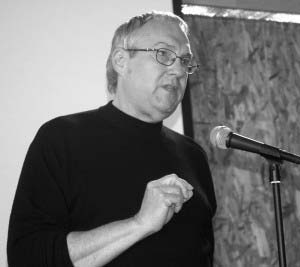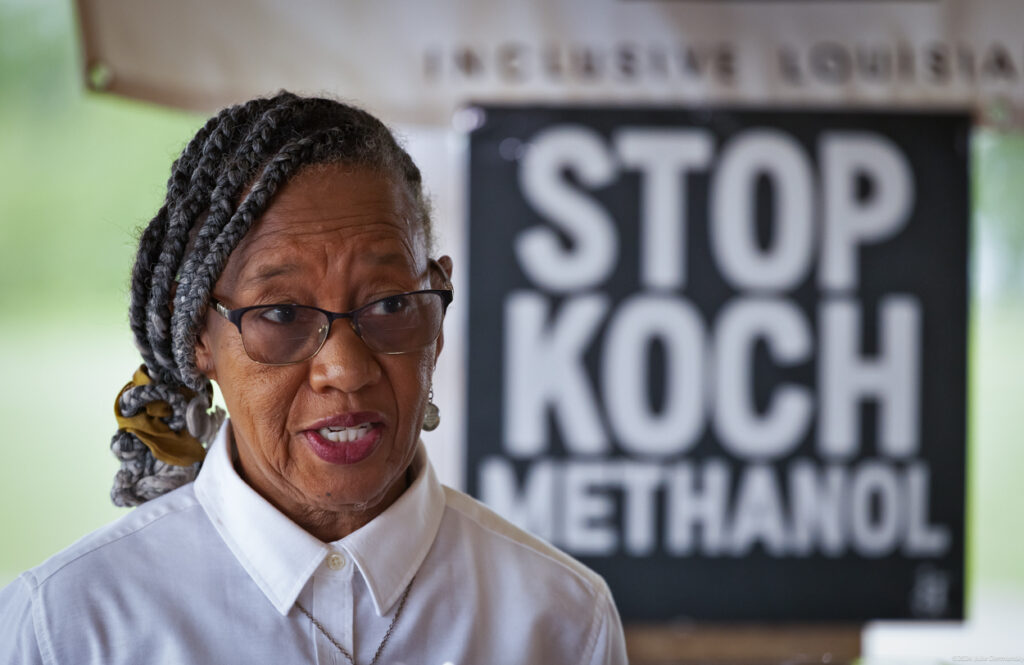Recently, I was reading testimony given by Bush administration whistleblower Rick Piltz about the ongoing National Assessment process, in which the U.S. government, either cheerily or reluctantly (depending on the administration) sets out to inform Americans as to their local and regional climate risks. During the Bush years, as I reported in my book The Republican War on Science, there was an all out war on the in-government scientists trying to produce this legally required document. Lawsuits were filed, a disclaimer put up on the government website housing the document (indeed, it’s still there), and before long nobody in the administration would even cite the government’s own work.
It’s in this context that I found Piltz’s testimony so refreshingly…frank. For what he tells the scientists preparing the next round of the assessment for 2013 is this: No matter how good your science is, it will never be good enough for those who disbelieve it. The blush is off the rose; this is the new reality; this is how it works:
This report will be attacked. There is no way to bullet-proof it against that war on science – that’s a myth. They’ll look for procedural missteps, they’ll look for anything, they’ll invent something if they need to.
Not only is this politically accurate, it’s also psychologically accurate. More on that in later posts.
As a result, Piltz goes on to advise government scientists that they can’t be clueless about this, they can’t avoid it, they have to be prepared for it and ready to answer it:
What kinds of things might the assessment say that will lead it to be attacked, and to need defending?
Hmm. Well, it might point out that Texas, currently suffering from devastating drought, is vulnerable to still worse drought—even as its congressional delegation pulls an ostrich maneuver on this subject. It might say things like that.
Let’s move from here to a series of axioms, if you will, when it comes to attacks on science:
1. There is no science so foolproof that it cannot be attacked if someone wants to attack it. It’s about motivation, not accuracy. (For a recent bit of science where there’s sure to be motivation—and attacks—see the latest Cornell study on greenhouse gas emissions from unconventional shale gas resources.)
2. Once motivation exists, no new study, or new research, will resolve the issue. It will just provide fodder for more attacks. (Daniel Sarewitz may be wrong about some things, but this isn’t one of them.)
3. Once attacks are out there, there’s no putting them back in the bag. Instead, it becomes a battle for airwaves and for dissemination of arguments. Failing to engage and respond—immediately—is like failing to get off the blocks in a 100 meter dash. (Exception: If the attacks don’t catch on in a major way in the media, they may be better off ignored. But they might catch on or be reignited later. This is a judgment call.)
4. Scientists working in controversial areas should understand this process–this reality–just as well as they understand research protocols.
Any questions?
Subscribe to our newsletter
Stay up to date with DeSmog news and alerts






